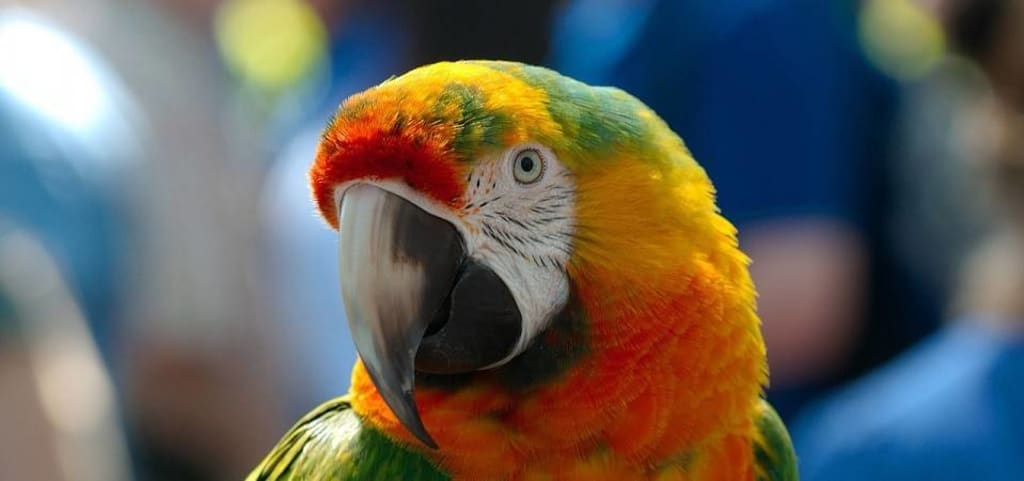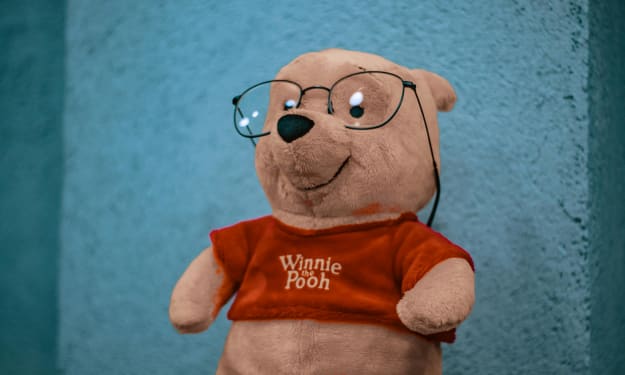PARROT'S CARE
12 essential points you should know

HOW BIG YOUR PARROT'S CAGE SHOULD BE?
Your parrot's enclosure ought to be just about as extensive as could be expected. The distance across ought to be something like two times the wing range of the two wings when extended open, and the level ought to be somewhere around one and half times the level of the bird, from head to tip of the tail.
WHERE SHOULD YOU KEEP YOUR PARROT'S CAGE?
Find your parrot's enclosure in a space where it's probably going to get loads of family collaboration, however not get frightened. All parrots need excitement, and at whatever point abandoned in the house, a radio or television left on is dependably worth considering. You ought to try not to find your bird close to a kitchen because of the expanded gamble of openness to poisonous exhaust.
ENTERTAINMENT AND TOYS FOR YOUR PARROT
Give your bird diversion and toys. Parrots are clever birds, and can be inclined to mental problems assuming that they become exhausted.
Guarantee the toys you purchase don't have parts that can be taken out, won't get tangled around your bird, and are not harmful. You can browse a wide determination of toys on the Northern Parrots site.
REGISTER WITH A SPECIALIST AVIAN VET PRONTO
Whether you've just bought your parrot, or whether you've owned your parrot for years, you should register with an Avian vet. Traditional cat and dog' treating vets often won't treat exotics, and sadly referral fees can be high. Referral fees can occur because the vet you've been referred to may charge you a higher rate as they also need to report findings back to the original vet you saw. This is an unnecessary cost for you, which can be avoided.can be avoided.
PURCHASE PET INSURANCE
Should your parrot become poorly, the last thing you want to be worrying about is escalating vet fees. It's a worrying time, and you just want your bird to be better.
Get a quote for up to £5,000 of vet fee cover, death and theft cover | We've been insuring exotic pets since 1996 | Check out our customer reviews on Feefo.
PARROT ARE VERY SENSITIVE TO FUMES
Birds are very sensitive to fumes. Exposure to Polytetrafluoroethylene (PTFE) fumes, more commonly known as Teflon can be fatal. It is often used on non-stick cookware and when overheated can break down, causing fumes which are highly toxic to parrots.
PARROT ARE VERY SENSITIVE TO SMELLS
Other common household items can also be toxic to parrots. This includes perfumes, deodorants and room scents. Careful research should be conducted before bringing items into the home.
YOUR PARROT'S DIET
Your parrot's diet should include a range of fresh fruit and vegetables, fish and meat. You should never just rely on parrot pellets from the pet shop.
You should fully research the food stuffs that parrots can eat. Some foods can be toxic, for example chocolate and avocado.
PERCHES FOR YOUR PARROT
You should provide natural perches inside your parrot’s cage, in order to enable your bird to flex its feet. Fruit or sycamore branches are recommended by experts like the Parrot Society.
You can also find a range of perches on the Northern Parrots website.
CITES REGULATIONS AND PARROT
Some parrot species including more recently African Grey's and Timneh Grey's are listed on Annex A of CITES (Convention on International Trade in Endangered Species).
This listing means that should a listed parrot be entered into trade, it must be permanently and uniquely marked, and be accompanied by an Article 10 Certificate.
MICROCHIP AND ENSURE YOUR BIRD IS RUNG
Parrots can easily escape, or at worst, be stolen. By ensuring your bird is rung or microchipped, you are providing evidence that the bird is yours.
The details can help reunite you with your bird should it be lost or stolen.
You should record the identification details, and keep them in a safe place. The Parrot Passport designed by the Parrot Society is a great place to keep the information.
You should also keep pictures of your bird, especially of unique identifiable features. You can download the Parrot Passport here
If your bird is lost or stolen, you can contact the National Theft Register for lost and found animals, run by John Hayward.
This central database logs the information of lost pets, and can be vital in helping to reunite lost pets with owners.
Exotic Direct run a Lost and Found notification service whereby they'll notify the register should your bird be lost or stolen.
BUYER BEWARE!
If you're buying a parrot, ensure you know its history. Ask whether the bird has had any previous illnesses or temperament issues, and ask about previous owners.
If the bird has had multiple owners, it could mean that those owners have had problems with the bird.
Or sadly, as a result of multiple ownership, the bird may have developed psychological issues. Bird's are very sensitive, and bond with their owners. Multiple owners could affect the bird's mental health, resulting in potential physical problems.
This checklist is just the tip of the iceberg in terms of care information you should read regarding your pet parrot. Research carefully your parrot's care requirements, to help it to have a long, healthy and happy life.





Comments
There are no comments for this story
Be the first to respond and start the conversation.